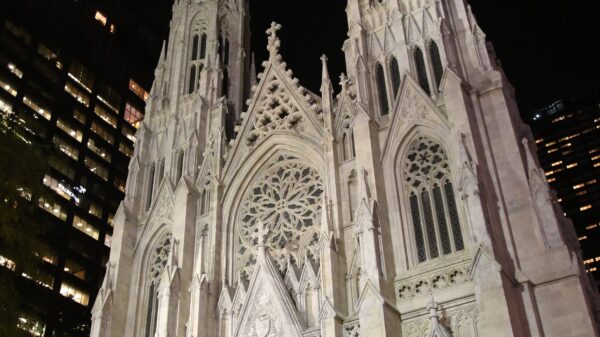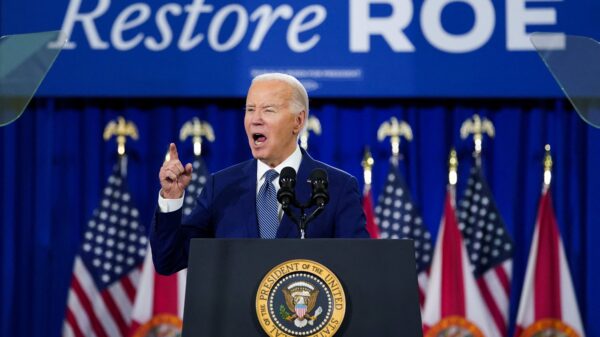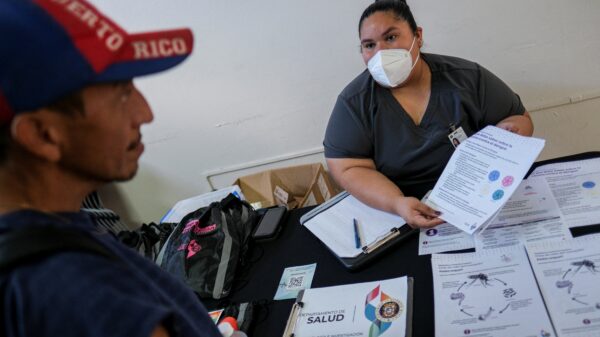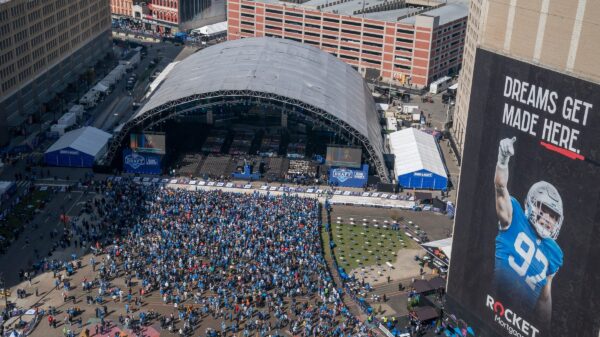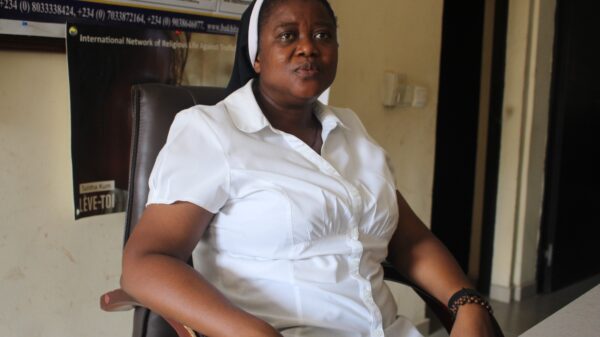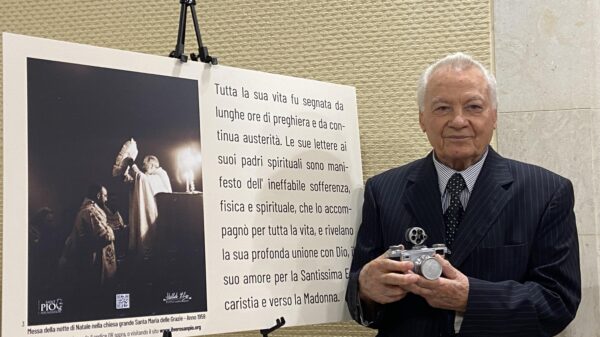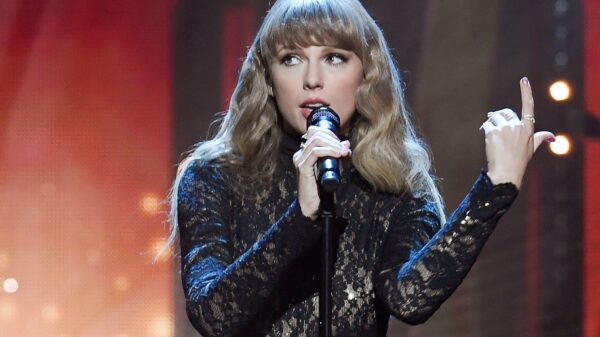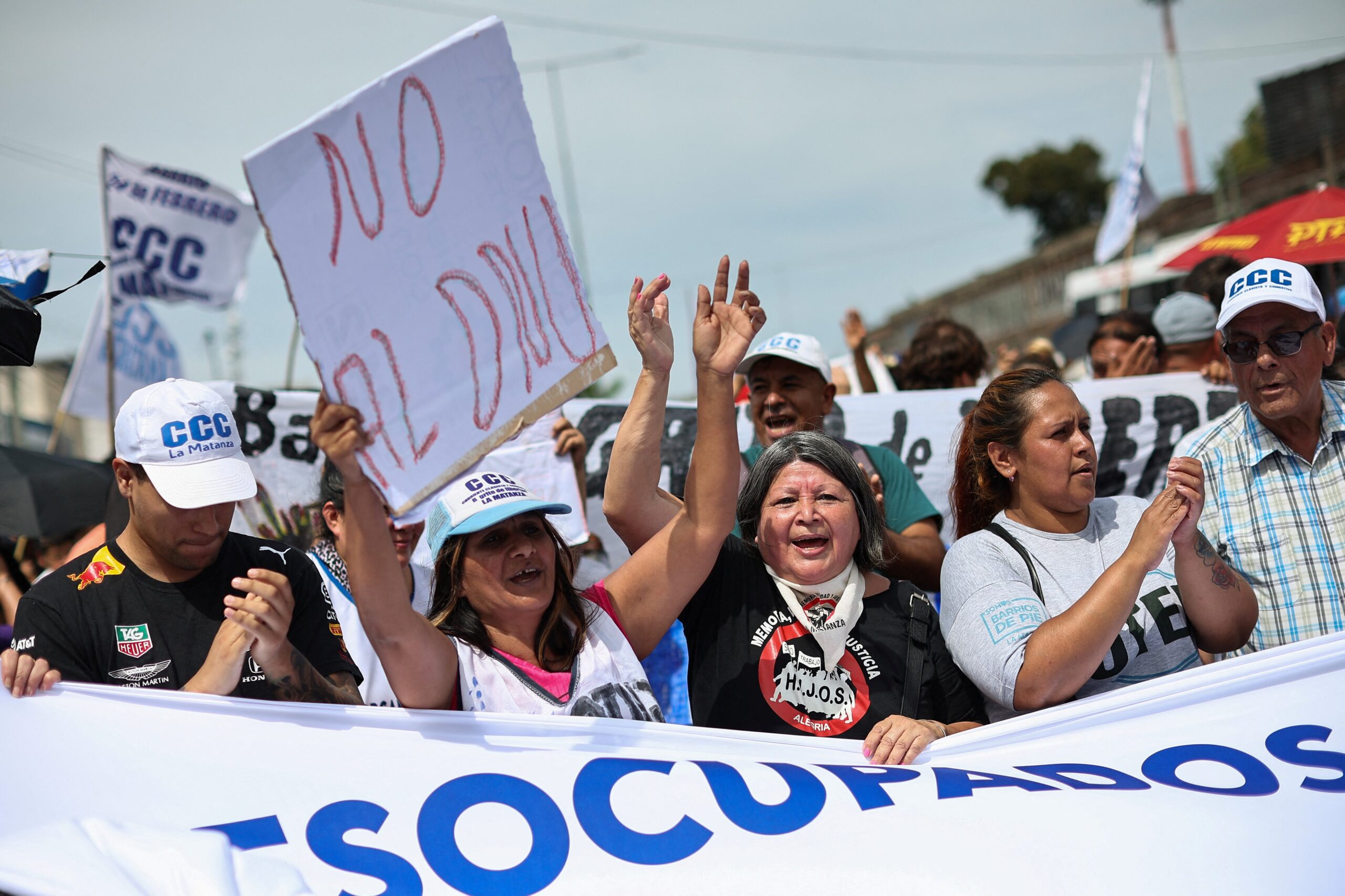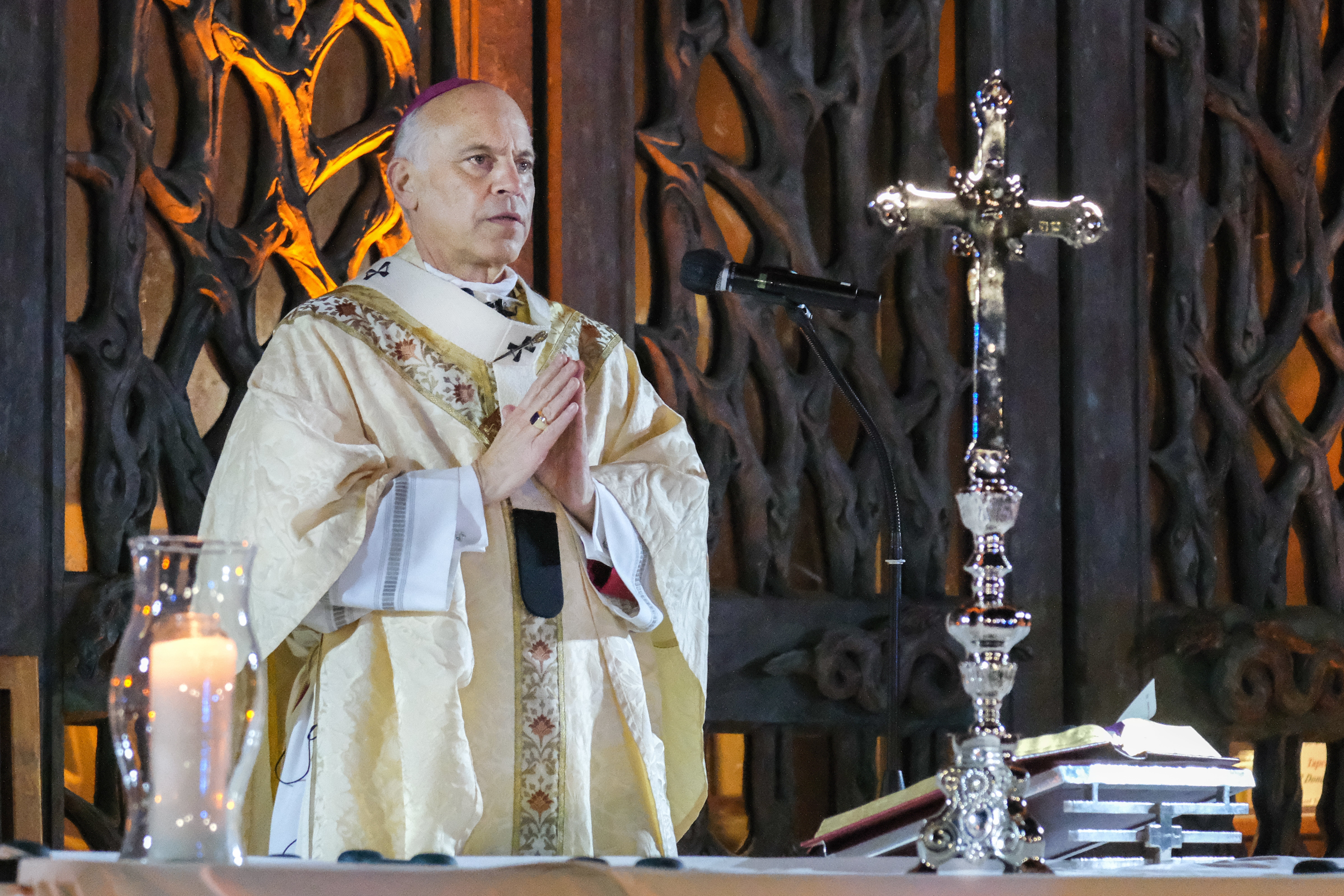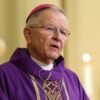MEXICO CITY (OSV News) — Argentina’s Catholic Church will no longer receive public funding, concluding a process established by the country’s bishops’ conference for the church to provide its own financing.
The withdrawal of funds coincides with newly sworn-in President Javier Milei pushing a program of spending cuts, privatizations and deregulation as Argentina confronts an economic crisis, which has triggered soaring inflation and deep poverty.
The Argentine bishops’ conference said in a Dec. 28 statement that it had concluded “the process of renouncing funds for archbishops, diocesan bishops and auxiliary bishops (provided) monthly,” according to law.
The prelates previously received a monthly stipend from the public purse of approximately $67 (about 55,000 Argentine pesos) — a sum eroded by inflation of more than 200% in 2023 — according to press reports. Diocesan seminarians will also stop receiving stipends in the coming months, along with parishes serving border regions, Argentine newspaper La Nación reported.
Some retired prelates will continue to receive a stipend of $120 per a 2023 agreement with the federal government, however. Catholic schools will also continue receiving some public funding — similar to other schools. Government subsidies previously provided roughly 7% of the church’s annual budget in Argentina.
“It won’t have much of an impact because many bishops have already renounced the state contribution in recent years,” Mariano De Vedia, religion writer at La Nación, told OSV News.
Financial support for the Catholic Church stemmed from its historically privileged position in Argentina — while the withdrawal of funds reflected its declining stature in an increasingly secular country.
Article 2 of the Argentine constitution reads: “The Federal Government supports the Roman Catholic Apostolic religion,” though requirements such as the president having to be Catholic have been discarded.
Argentina’s Catholic population shrunk from 77% of the population in 2008 to 63% in 2019, according to a survey from the research council CONICET.
“The money was part of the understanding of the role of the Catholic faith … in the national Catholic identity,” Rodolfo Soriano-Núñez, a Mexican sociologist who studies Latin American Catholicism, told OSV News.
The Argentine bishops’ conference renounced public financing in 2018, after reaching a deal with the government of then-President Mauricio Macri to reduce funding by the end of 2023. The public financing totaled approximately $4.6 million according to the 2018 exchange rate for 130 million pesos — a support that faced criticism from different sectors of society.
The subsidies sometimes proved polemic, according to Soriano-Núñez, and, at times, were used by Argentine presidents in attempts to control the church or win support from the bishops for their initiatives.
“You see the same in the countries where those subsidies still exist,” he said.
Milei, who took office Dec. 10, issued a decree of more than 300 measures in December meant to rapidly deregulate the Argentine economy — triggering street protests and promises of a general strike by unions. His government also devalued the peso by 54%. The decree formally began “to dismantle the Argentine state,” El País wrote on Dec. 21, allowing the privatization of state companies such as the oil giant YPF, and opened the door to operations in dollars, aiming also to make the labor market and the health system more flexible.
“There is no more money,” Milei and his functionaries have repeatedly said.
Argentine church leaders have mostly remained mum on the new president, who previously accused Pope Francis of preaching “communism.” Bishop Óscar Ojea of San Isidro, the Argentine bishops’ conference president, said in a statement released on X, formerly Twitter, on Nov. 21, that he prays “to the Lord to enlighten the new elected authorities.”
Some Catholics working with the poor have spoken out against the decree, which a trio of diocesan social ministries in southern Patagonia called “an attack on our democracy.”
“We cannot allow the division of powers to be ignored in this way, to continue imposing an economic model that continues to concentrate wealth in privileged monopolistic groups,” said the statement from social ministries in the Dioceses of San Carlos de Bariloche, Viedma and Alto Valle del Río Negro.
“As a Church we have been denouncing the advance of liberalism with its deregulation of the market, because it proposes a society based on individualism and competition, and not on social justice, solidarity and fraternity. This (decree) hits the hearts of our families hard,” the statement said.
In his Christmas message, Bishop Ojea expressed concern over rising poverty in Argentina, especially as rising prices threatened to take food off the table of many families.
“We are truly and seriously concerned that food reaches all the children of our country,” he said.
The Social Debt Observatory at the Pontifical Catholic University of Argentina put the poverty rate at 44.7% in December.
David Agren writes for OSV News from Mexico City.


